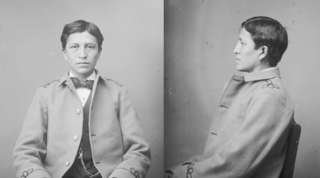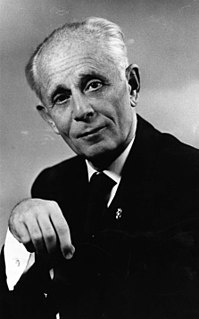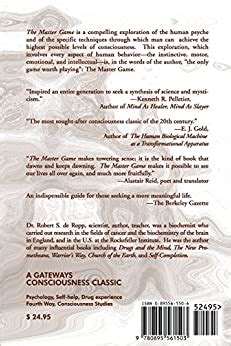A Quote by African Spir
The divine element manifests itself (or show up) in man as well by his aptitude for science, than by his aptitude for virtue. True morality, true philosophy and true art are in their essence ("dans leur essence", Fr.) religious."
Related Quotes
[T]he essence of belief is doubt, the essence of reality is questioning. The essence of Time is Flow, not Fix. The essence of faith is the knowledge that all flows and that everything must change. The growing man is Man Alive, and his "philosophy" must grow, must flow, with him. . . . the man too fixed today, unfixed tomorrow - and his body of beliefs is nothing but a series of fixations.
Man is in pursuit of two goals: he is looking for happinesse and, being by essence empty ("étant vide par essence", Fr.), he is trying to fill (or take up, - "remplir", Fr.) his life; the latter reason play a more considerable role than we ordinarily think. What we take for vainglory, ambition, love of power and riches (or wealth), is often, indeed, a need to mask this emptiness, a need to let one's hair down (or to live it up), to put oneself on a false scent or trail. (de se donner le change", Fr.)
When I hear a man discoursing of virtue, or of any sort of wisdom, who is a true man and worthy of his theme, I am delighted beyond measure: and I compare the man and his words, and note the harmony and correspondence of them. And such an one I deem to be the true musician, having in himself a fairer harmony than that of the lyre.
How often people speak of art and science as though they were two entirely different things, with no interconnection. That is all wrong. The true artist is quite rational as well as imaginative and knows what he is doing; if he does not, his art suffers. The true scientist is quite imaginative as well as rational, and sometimes leaps to solutions where reason can follow only slowly; if he does not, his science suffers.
True art and true science possess two unmistakable marks: the first, an inward mark, which is this, that the servitor of art and science will fulfil his vocation, not for profit but with self- sacrifice; and the second, an external sign, his productions will be intelligible to all the people whose welfare he has in view.
No man could bring himself to reveal his true character, and, above all, his true limitations as a citizen and a Christian, his true meannesses, his true imbecilities, to his friends, or even to his wife. Honest autobiography is therefore a contradiction in terms: the moment a man considers himself, even in petto, he tries to gild and fresco himself. Thus a man's wife, however realistic her view of him, always flatters him in the end, for the worst she sees in him is appreciably better, by the time she sees it, than what is actually there.
May we not have a picture of Christ, who has a true body? By no means; because, though he has a true body and a reasonable soul, John 1:14, yet his human nature subsists in his divine person, which no picture can represent, Psalm 45:2. Why ought all pictures of Christ to be abominated by Christians? Because they are downright lies, representing no more than the picture of a mere man: whereas, the true Christ is God-man
You came here with something to do. You are part of a universal consciousness, and there are no accidents in it. In your true essence - not the false self, not the ego part of you, but in the true essence of who you are - you are infinite and you have something very profound to accomplish while you're here. Otherwise you wouldn't be here.
The fairest thing we can experience is the mysterious. It is the fundamental emotion which stands at the cradle of true science. He who knows it not, and can no longer wonder, no longer feel amazement, is as good as dead. We all had this priceless talent when we were young. But as time goes by, many of us lose it. The true scientist never loses the faculty of amazement. It is the essence of his being.
The essence nature of the Brahmin is an urge to know the truth...the true Brahmin pursues truth at all costs and will not permit considerations of comfort or convenience to stand in his way. His most outstanding characteristic is his objectivity, his ability to rise above the dust of the arena, to resist the hypnotising effects of words and the blind passion of cults, political or religious.
One might equate growing up with a mistrust of words. A mature person trusts his eyes more than his ears. Irrationality often manifests itself in upholding the word against the evidence of the eyes. Children, savages and true believers remember far less what they have seen than what they have heard.







































